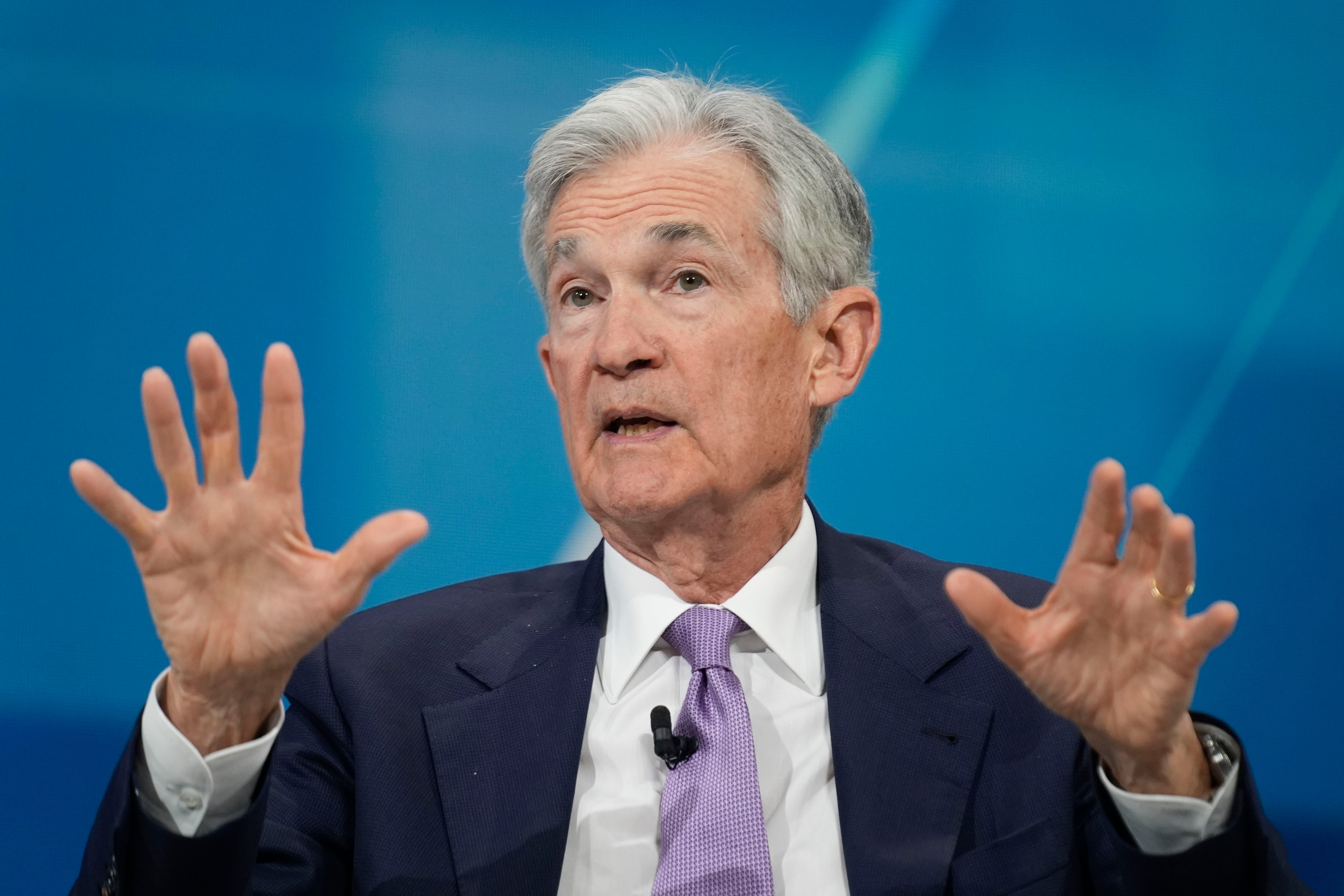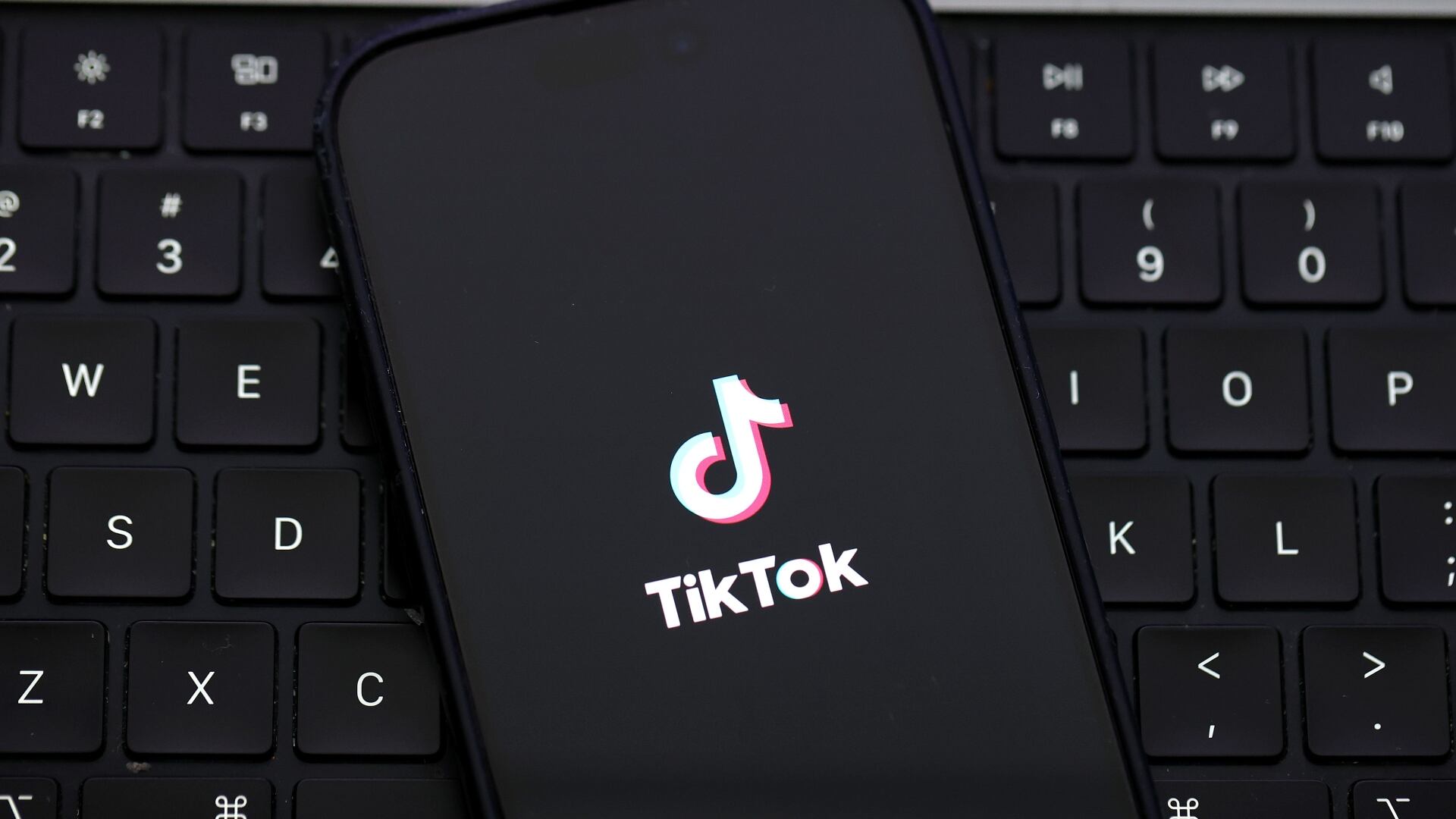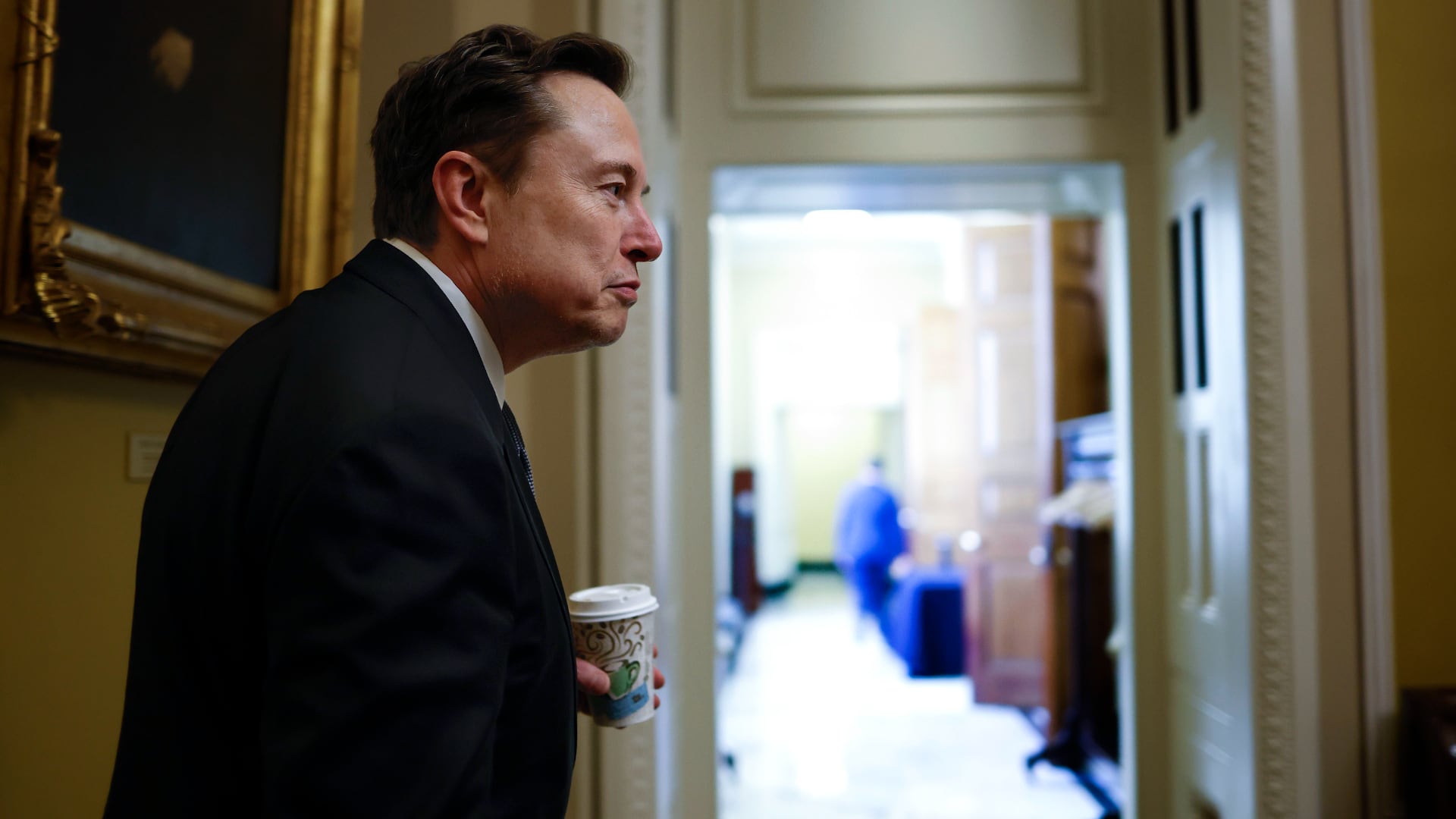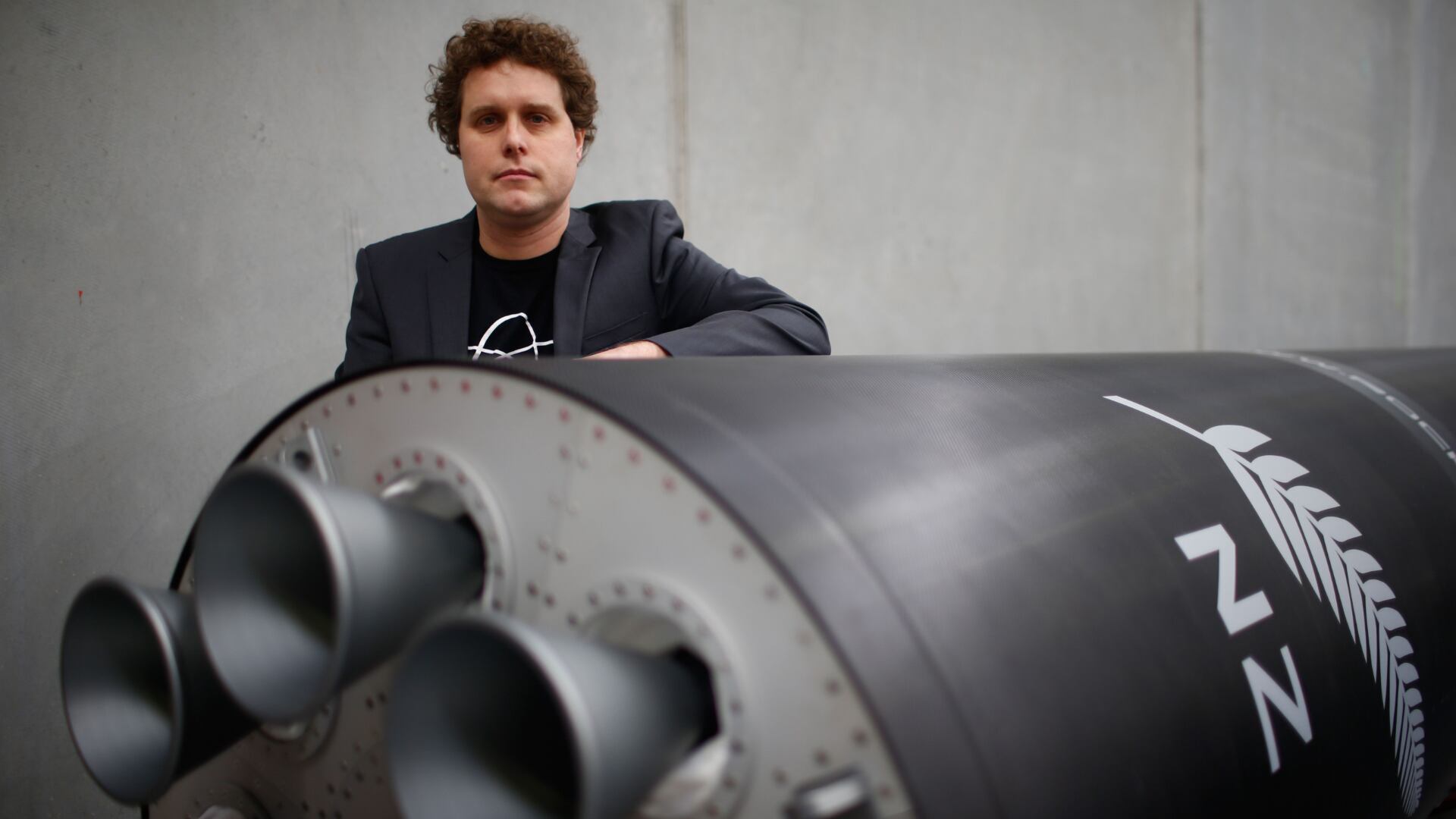Ten attorneys general from states across the country and the District of Columbia filed a federal lawsuit on Tuesday against the pending merger between T-Mobile and Sprint. The group — led by New York’s Letitia James and California’s Xavier Becerra — maintains that the $26 billion deal would limit competition among wireless mobile carriers and ultimately hurt consumers.
“Although T-Mobile and Sprint may be promising faster, better, and cheaper service with this merger, the evidence weighs against it. This merger would hurt the most vulnerable Californians and result in a compressed market with fewer choices and higher prices,” Becerra said in a statement.
The merger was proposed in April 2018 and would combine two of the four wireless networks in the U.S., which include AT&T and Verizon. The deal is still awaiting approval from the U.S. Justice Department.
Consumer protection groups and numerous politicians have publicly fought the deal since it was announced and have called for it to be rejected.
“The merger would be a disaster for consumers, workers, and competition. America’s wireless market provides vital connectivity to millions of people, but it won’t remain competitive if it shrinks to just three major providers,” Joshua Stager, senior policy counsel at New America’s Open Technology Institute, said in a statement Tuesday that praised the multi-state lawsuit.
In February, top Democrats in the Senate sent letters to the Justice Department and the Federal Communication Commission (FCC) condemning the merger, citing analyses that estimates Americans' monthly phone bills would dramatically rise and that the deal would kill roughly 30,000 jobs.
The signatories included Sen. Bernie Sanders (D-Vt.), Sen. Elizabeth Warren (D-Mass.), Sen. Kirsten Gillibrand (D-N.Y.), and Sen. Cory Booker (D-N.J.) — all now candidates for the party’s 2020 presidential nomination — among others.
Just last month, however, FCC Chairman Ajit Pai endorsed the deal and recommended its approval, arguing that it will hasten the development of 5G cellular networks in the U.S.
“I believe that this transaction is in the public interest and intend to recommend to my colleagues that the FCC approve it. This is a unique opportunity to speed up the deployment of 5G throughout the United States and bring much faster mobile broadband to rural Americans. We should seize this opportunity,” Pai said in a statement.
The stance was in contrast to the Senators’ position laid out in the letter, which read “we remain unconvinced that the merger would speed up the development of next-generation 5G networks or extend affordable coverage to all Americans.”
Moreover, Sprint says that the merger is necessary for its survival as a company. The carrier told federal regulators in April that it is losing customers, revenue, and cash flow due to inconsistent demand. “Simply put, Sprint is not on a sustainable competitive path,” the company wrote in a filing to the FCC.
The ten attorneys general and other opponents of the deal argue, however, that merger will only hurt consumers and stifle competition.
“When it comes to corporate power, bigger isn’t always better,” N.Y.’s Attorney General James said in a statement. The merger “would not only cause irreparable harm to mobile subscribers nationwide by cutting access to affordable, reliable wireless service for millions of Americans, but would particularly affect lower-income and minority communities here in New York and in urban areas across the country.”
The other states that joined the lawsuit are Colorado, Connecticut, Maryland, Michigan, Mississippi, Wisconsin, and Virginia as well as Washington D.C.













